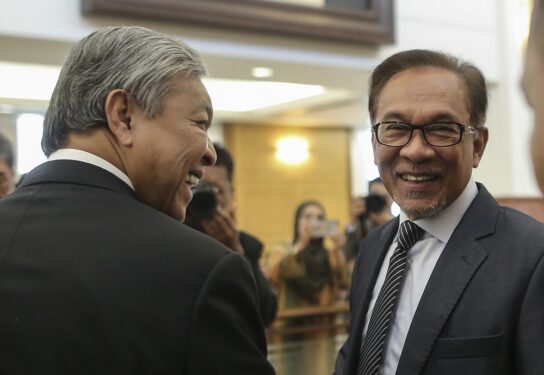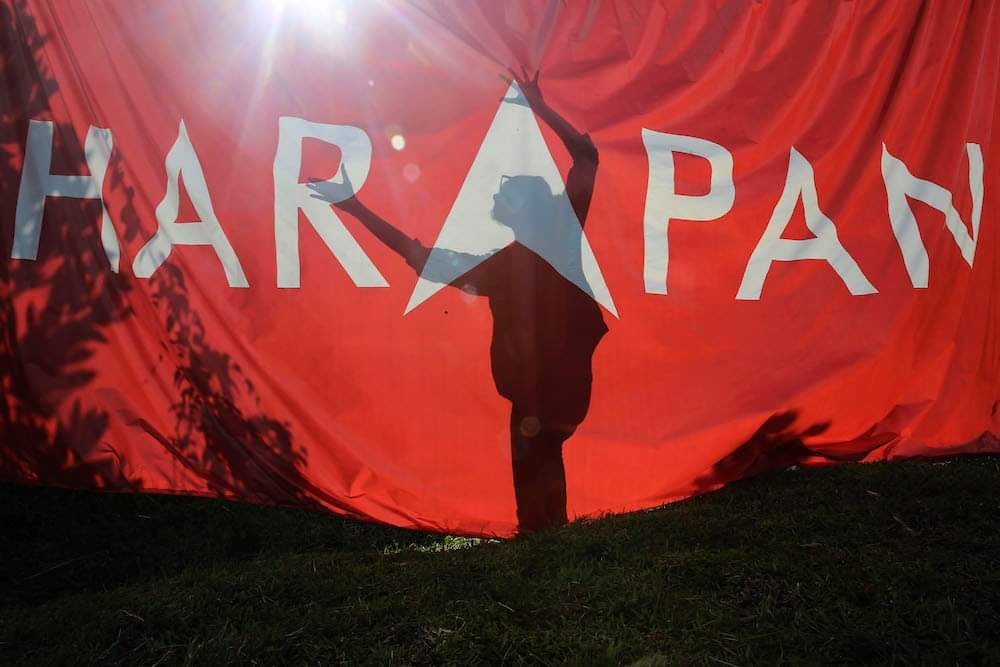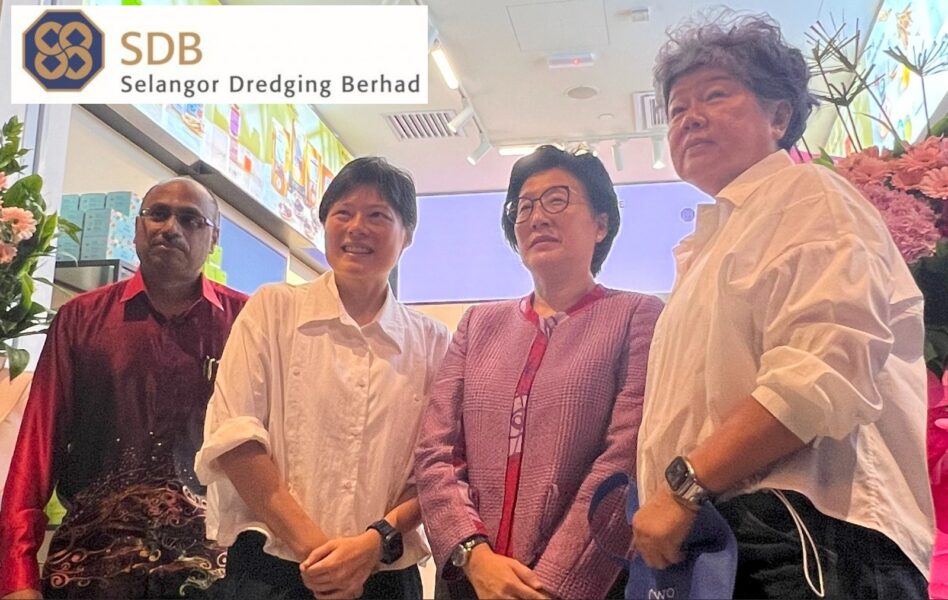THE results of the 15th General Elections (GE15) were both surprising and unsurprising.
It was not expected that Perikatan Nasional (PN) would eclipse Barisan Nasional (BN) to the degree it did in the electoral performance.
Of course, there were indicators that Bersatu, with PAS, would do better than BN. However, it was not expected that Bersatu-PAS would win over 70 parliamentary seats.
On the other hand, Pakatan Harapan (PH) was expected to win over 90 seats but ended up winning only 82 parliamentary seats.
Two by-elections are pending. If PH wins these two by-elections, then its numbers would shoot up to 84.
The recent Melaka and Johor state elections presented the wrong calculations about the chances of BN making headways in GE15 on the basis of its overwhelming victory in the two states.
This was the precise reason why UMNO wanted early elections; to reap victory on the basis of performance in these two states.
However, one’s performance during state elections is no barometer to gauge their performance during federal elections.
UMNO was clearly on the side of a major tactical and strategic error. In fact, the Achilles heel of UMNO that it would live to regret was the attempt to use GE15 to escape the entrapment of corruption – so much so the struggle of UMNO/BN came to be equated with the need to free its corrupted leaders.
How on earth could UMNO expect support on the basis of removing corruption charges against some of its leaders?
No real alternative
PN was no real alternative to BN, but it soon became one.
While its performance was dismal in the last two state elections in Melaka and Johor, its leaders soon became adept in understanding and learning how to fill the gaps that were created by UMNO.
While Bersatu fully exploited the racial issues to the maximum, its associate PAS left no stone untouched in exploiting religious issues against PH in general and the DAP in particular.
The Malays gravitated towards PN because they knew that UMNO had more or less abandoned them. Additionally, it was the only coalition that gave the image of standing up against PH and the DAP.
As for UMNO-BN, the ouster of some UMNO leaders by party president Datuk Seri Ahmad Zahid Hamidi just before GE15 was a bad move; it gave an indication that UMNO was faction-ridden and with no place for genuine leaders.

It was not that PN was a great alternative, but it certainly gave the impression that it was less corrupt than BN.
The presence of PAS in PN also complemented its ethnic and religious appeals.
The rumours before the elections that Zahid had a secret pact with PH chairman Datuk Seri Anwar Ibrahim might have been something without substance. However, the lack of political attacks against UMNO and Zahid in particular might have given credence to this line of reasoning.
PN might have capitalised on this matter to some extent too.
We did our best
PH performed its best during GE15. It was supposed to get over 90 parliamentary seats but ended up with 10 fewer; just 82 seats.
And while major urban areas fell to PH on an unprecedented scale, its victory, unfortunately, fell short of the simple majority of 112 seats. Currently, PH needs an additional 30 seats to be considered for the formation of a new government.
PN might have won with 72 seats, but it might have forfeited its first right to form the government. This right should be given to PH on the basis of the first-past-the-post formula.
Anwar has already indicated that he has the numbers for the combination pact, which he said will be announced later.
As argued by some legal experts, the first right to form a government should be given to PH, immaterial whether it has a simple majority of 114 seats.
If PH cannot command a majority within a stipulated time, whether outside Parliament or in a special session of the lower house, then the next GE15 winner – i.e. PN – should be given the opportunity, keeping with the notion of parliamentary democracy.
In this respect, PH commands the largest number of parliamentary seats than PN or BN. As such, it is entitled to the first right to form a government.
Never mind that it has fallen short of the requirement of a simple majority. This can be proven in due course – I am talking of a few days.
The opportunity should not be provided for PN or BN to subvert the parliamentary process by simply establishing a simple majority through a series of rewards and punishments. Such things are anathema to what a good government should stand for.
I hope the fact that GE15 gave the most number of parliamentary seats to PH is not hijacked by race and religious champions.
Neither should there be a system of rewards to get the numbers from Sabah or Sarawak through false promises and pecuniary rewards.
Ultimately, the Yang di-Pertuan Agong must exercise his constitutional right to give preference to PH to form the government, failing which the option should then go to PN. – Nov 21, 2022
Prof Ramasamy Palanisamy is the state assemblyperson for Perai. He is also deputy chief minister II of Penang.
The views expressed are solely of the author and do not necessarily reflect those of Focus Malaysia.
Main photo credit: Malay Mail









